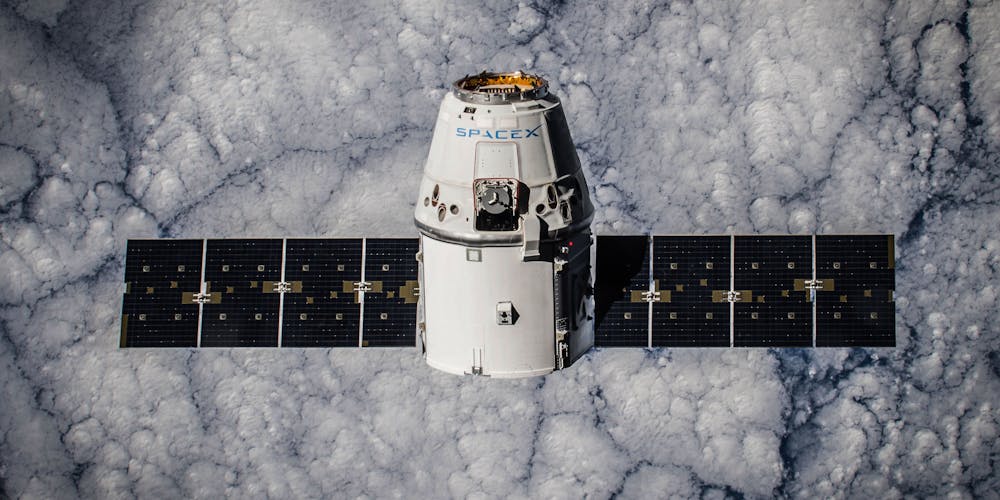Space exploration innovator SpaceX is facing heavy scrutiny from the National Labor Relations Board (NLRB). The federal agency has issued a formal complaint, alleging that the aerospace giant’s employment contracts breach the National Labor Relations Act (NLRA). At the heart of the controversy are provisions within SpaceX’s employment agreements, particularly an arbitration clause and a class action waiver. These elements are thought to suppress employees’ abilities to organize and engage in collective bargaining and other protected activities under Section 7 of the NLRA. The NLRB’s move to challenge such clauses could have significant repercussions not just for SpaceX but for corporations nationally who utilize similar provisions in their employment contracts.
The conflict escalated further when SpaceX was accused of unlawfully dismissing an employee. This individual was allegedly fired for taking part in activities protected under federal labor law, an act which would represent a direct violation of the NLRA if proven true. This points to a pattern where employees’ rights to concerted activities, a cornerstone of the NLRA, may be at risk. The company’s firm stance suggests a deep divide between SpaceX’s operational policies and the regulations aimed at protecting workers’ rights. The nature of these allegations and their underlying legal frameworks may lead to a pivotal examination of the balance between private arbitration and the preservation of federally mandated labor rights.
SpaceX’s Legal Challenges and Responses
SpaceX and Tesla, two companies under Elon Musk’s oversight, face multiple legal challenges, including accusations from the NLRB of unfair labor practices and issues of workplace discrimination from other regulators. Reflecting a wider scrutiny of Musk’s corporate ethos, the manner in which employee grievances are handled is increasingly under the microscope. In a bold defense, SpaceX has launched a countersuit against the NLRB, disputing the constitutionality of administrative law courts and their decisions without a jury, in a bid to protect its rights. This stance has echoed in the broader legal discourse, particularly in light of the SEC v. Jarkesy case. As SpaceX gears up for its administrative hearing on October 29, with a response due by April 3, these unfolding legal battles are setting the stage for rigorous debate on labor law enforcement, constitutional rights, and administrative adjudication.

